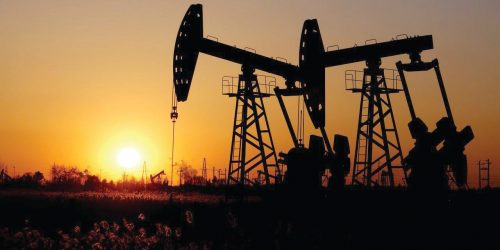The Petroleum Division has asked the Auditor General of Pakistan (AGP) to initiate a forensic audit of top 10 oil marketing companies (OMCs), which were allegedly involved in petrol crisis in June last year.
The Petroleum Division has sent a questionnaire to the AGP, asking it to focus on it while conducting the audit of OMCs.
The forensic audit will target top 10 OMCs in terms of market share as they account for nearly 95% of motor gasoline (petrol) sales in the country.
In a letter sent to the AGP, the Petroleum Division said that the federal cabinet, in a meeting held on March 16, 2021, while discussing the margins for OMCs and petroleum dealers, issued directives for undertaking a forensic audit of the OMCs for the alleged artificial shortage of motor gasoline across the country in June 2020.
AGP will assess whether any OMC violated its licence conditions, hoarded the fuel in anticipation of price hike at the beginning of July or was involved in any other illegal activity.
Earlier, the Ministry of Energy (Petroleum Division) had decided to conduct the forensic audit through the AGP.
Auditors will ask the OMCs about the projected demand and orders placed for the purchase of motor gasoline from domestic refineries and overseas suppliers in June 2020.
They will ask whether the refineries provided the required fuel quantity.
They will also check how much stocks the OMCs kept in June 2020 to meet the licence condition imposed by the Oil and Gas Regulatory Authority (Ogra).
They will examine the reasons for not maintaining the required stocks and how much shortfall the OMCs faced during the period under review.
Prime Minister Imran Khan on Friday asked his Special Assistant on Petroleum Nadeem Babar to step down and removed petroleum secretary over the petrol crisis.
He also referred a case to the Federal Investigation Agency (FIA), telling it to complete the inquiry within 90 days.
The Petroleum Division has tasked the AGP with checking the instances where an OMC had stocks in its storage tanks but its petrol filling stations were not supplied with the product, resulting in a dryout.
It has also told the AGP to check whether any OMC had ordered import and the fuel product was in high seas, but was deliberately not berthed in order to gain price advantage on July 1, 2020.
Other questions sent by the Petroleum Division to the AGP included, was the product in the outer anchor, and if so, were there any port constraints in berthing the vessel? If the port did not have unloading constraints, could this have mitigated the shortage? What is the typical demand for June given seasonal variation? What was the total recorded demand for June 2020? If the demand for June 2020 represents an anomaly, what are the reasons for it?
Other such questions were, how did the market share for each of the top 10 OMCs change in June 2020 compared to their share a few months earlier or a few months later? Is there evidence of any OMC booking sales but not delivering to its petrol pumps? Is there any evidence of any government agency or department colluding with any OMC? How did the smuggled product affect the demand/supply position in June 2020? What was the profitability of each such OMC for June 2020 and how did that compare with the typical monthly profitability for June in pre-Covid times as well as just after Covid restrictions were lifted.





